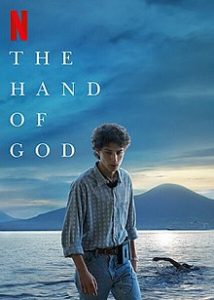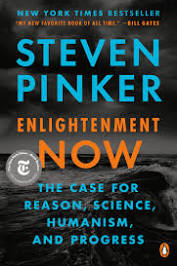
The Hand of God
Written, directed, & produced by Paolo Sorrentino
Available on Netflix
Starring Filippo Scotti, Toni Servillo, and Teresa Saponangelo
MM recommended it to me. He said he selected it because the trailer suggested it was about Diego Maradona, the famous soccer player. (MM was a talented soccer player in high school.) But 15 minutes into the movie, he realized it was something else entirely. It was an artsy movie, of some kind. “Not the kind of movie I would have watched,” he said.
But he said he couldn’t stop watching it. And he wanted me to watch it so we could discuss it. And so, I did.
The Story
This is a coming-of-age movie, set in Naples in the mid-1980s. A young man, Fabietto, lives in an apartment with his father, Saverio Schisa, and mother, Maria Schisa. He is a solitary teen, spending most of his time listening to music, reading philosophy, and watching sports. But he attends family events, including parties and picnics and boat outings. And that is where we get to see the colorful lunacy of the Schisa family. When tragedy strikes the family, Fabietto comes of age.
What I Liked About It
* I love Fellini. The Hand of God was, in part, an homage to him, and included many Felliniesque touches.
* The cinematography was just plain delicious.
* The talent. First and foremost, Sorrentino’s scriptwriting, direction, and imagination. Then there is the fantastic acting, starting with Filippo Scotti in the lead role, and including Teresa Saponangelo and Toni Servillo, who play Fabietto’s parents, and Luisa Ranieri, who plays his voluptuous and aggrieved aunt.
Critical Reception
The Hand of God won the Grand Jury Prize at the Venice International Film Festival and was selected as the Italian entry for the Best International Feature Film at this year’s Academy Awards.
On review aggregator Rotten Tomatoes, the film has an approval rating of 83% based on 140 reviews, with an average rating of 7.3/10.
* “The Hand of God is filled with the kind of detail that could only have come from observation and memory. That one family could contain so many unique and peculiar people is a reminder that truth is almost always stranger than fiction.” (Leonard Maltin)
* “This is a deeply affecting coming-of-age story that doubles as a movie about the movies themselves.” (Robert Levin, Newsday)
* “The film has the vividness of memory, but also the structure of memory, which is to say no real structure at all. Visually, though, the movie is of a piece; it’s Sorrentino’s eye that holds it together.” (Mark Feeney, Boston Globe)
Click here to read a good review of it by A.O. Scott.
Interesting Facts
* This is an “auteur” film, written, directed, and produced by Paolo Sorrentino. It’s both a Portrait of Sorrentino, the Filmmaker, as a Young Man, and an homage to Federico Fellini – in particular, to Amarcord, Fellini’s 1974 film about his own adolescence.
* There are several fun little bits in the film that you might not notice on the first viewing, such as Fabietto’s teenage sister, who, because she is always in the bathroom, is not seen until the end.
* The title refers to an irony in the story when it turns out that Argentine superstar Diego Maradona “saved the life” of Fabietto.
You can watch the trailer here.
 MarkFord
MarkFord

